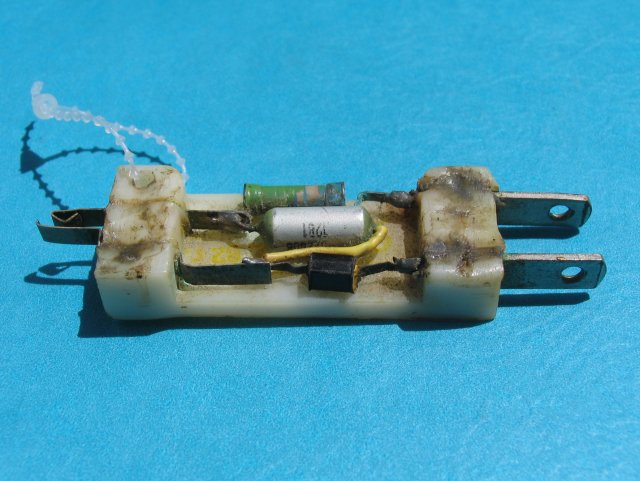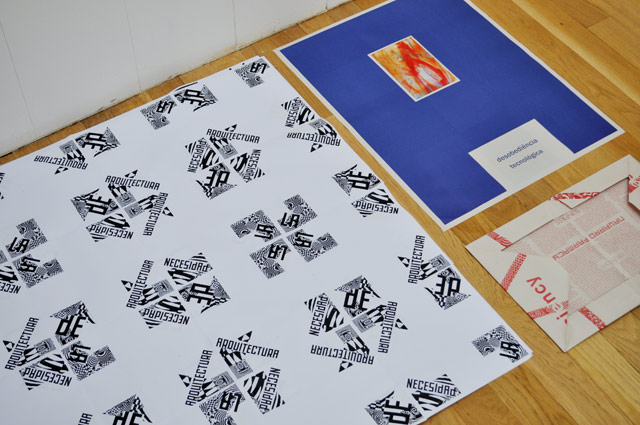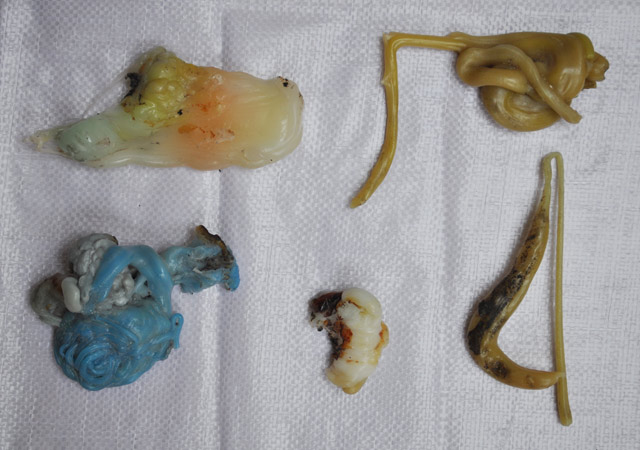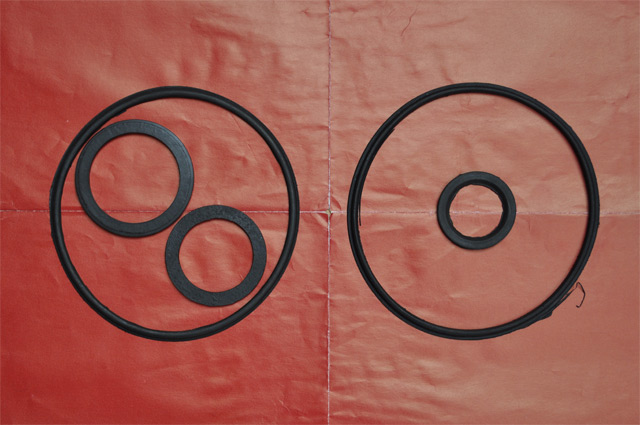Ernesto Oroza / Pernod Ricard Fellow 2016
In residency from September to November 2016
Ernesto Oroza is an artist, designer and author based in South Florida. A graduate of Havana’s Superior Institute of Design and later a professor in Havana, his practice is geared to critically understanding man-object interactions and the role that collective engagements with material culture have in the making of community. He develops research methods as well as channels of dissemination that follow the vernacular practices and economic logics of his subject-objects. He is author of several books on popular creativity as expressed in tool objects and the urban environment -what he theorizes as “technological disobedience” and “architecture of necessity,” respectively. Oroza’s work has been presented at the Museum of Modern Art, New York; Groninger Museum, The Netherlands; Perez Art Miami Museum, USA; LABoral Centro de Arte y Creación Industrial, Spain; Montreal Museum of Fine Arts; Museo Rufino Tamayo, Mexico City; Institut de Cultura La Virreina, Barcelona.

- Ernesto Oroza, Technological Disobedience. Battery Charger for battery non-rechargeable, 2012. Courtesy of the artiste.
RESEARCH PROJECT
ParaISO (Factogram) is a formal and conceptual inquiry into how the contemporary processes of standardization and normalization, stigmatized by some intellectual discourses, can, paradoxically, act as vectors to expand vernacular practices, ideas and everyday tactics. For many, “the Norm” and “Standard”—as vectors of globalization processes— weaken and destroy local productions, consumption habits and the popular imaginary. This postulate applies to the production of everyday goods and cultural products. ParaISO project, erected in opposition to this assumption, seeks to structure the argument that the elements of a material culture, with a high degree of standardization— and even the smallest standardized object of this culture—can, under situations of economic emergency, become a common resource capable of propagating a material and cultural revolution.
Family productions in Cuba during the crisis of the 90’s were radicalized by the presence of many standardized objects that were supplied by the participation and exchanges of Cuba in the Council for Mutual Economic Assistance (COMECON). As everyone on the island had the same objects, knowledge on how to repair and reuse them became a common substrate. A grass roots productive movement found the codes for its recovery and expansion in the grammar of the standardized. Parts, surfaces and common forms, engage with the mechanisms of the popular imagination. If someone used a bottle for something new, everyone recognized the new potential in the object.
Based on the range of possibilities inherent in some standardized objects and systems (packaging, spare parts, raw materials, calendar, language, typeface families), this project will explore the syntax of the processes of standardization, and the characteristics and conditions that allow its distinctive use in popular culture and in other redoubts of cultural resistance.Although Cuba is currently the main field of study for this exploration, the project include an extended research to archives of some European schools of design as Hochschule für Gestaltung in ULM, ENSCI (Les Ateliers) in Paris, and archives of institutions such as COMECON, based in countries former members of this organization.
* The title ParaISO (paraiso: Spanish word for paradise) is a conjugation of “para” (Greek term for alongside of, by, past, beyond, against) and “ISO” (Greek term for: equal to, the same as), an acronym for International Organization for Standardization (ISO), an international standard-setting body composed of representatives from various national organizations for standardization.

- Research in progress, in the Pernod Ricard studio by Ernesto Oroza, 2016. Courtesy Ernesto Oroza & Villa Vassilieff.

- Research in progress, in the Pernod Ricard studio by Ernesto Oroza, 2016. Courtesy Ernesto Oroza & Villa Vassilieff.

- Research in progress, in the Pernod Ricard studio by Ernesto Oroza, 2016. Courtesy Ernesto Oroza & Villa Vassilieff.
Partager